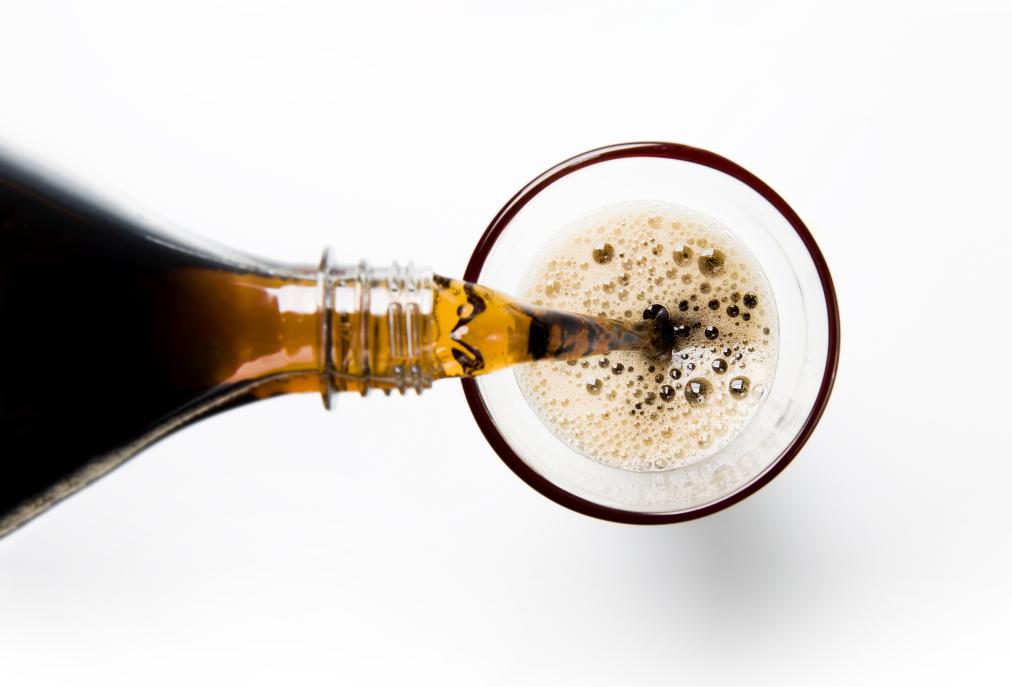For about a decade, public health advocates have pushed for taxes on sugar-sweetened beverage as a way to help fight obesity and diabetes. Like many other sin taxes such as those imposed on alcohol, most soda taxes treat all sugary drinks as if they have the same blanket amount of sugar. In Berkeley, California, the first American city to pass a soda tax, and Mexico, the taxes apply a surcharge on every liter or ounce of sugary drink, regardless of how much sugar it has. A new proposed soda tax in Britain provides a more nuanced approach to the tax.
Included in a budget release by the chancellor of the Exchequer, a Conservative, and expected to pass with support from the Labour Party, the British tax consists of three brackets: sugar-free and low-sugar products, beverages with less than around three teaspoons of sugar for a 12-ounce can; mid-calorie products with between three and five teaspoons of sugar; and high-calorie products like soda with more than nine teaspoons in a can. Under the proposed tax structure, sugar-free and low-sugar products will not be subject to any additional tax. Products that fall in the middle bracket would have to pay around 9 cents per can, and those in the highest bracket would pay about 12 cents per can.
It will come as no surprise if soda companies oppose the tax. It will come as no surprise if soda companies oppose the tax. The director of the British Soft Drink Association, Gavin Partington, has already expressed his opposition to the proposed tax. However, the British soda tax, if passed, would be worth watching because not only might it steer price-sensitive customers from high-sugar drinks to lower-sugar ones, but it might also have a bigger effect on the behavior of these companies. The tiered tax approach may encourage beverage companies to develop innovative drinks for the lower-tax categories and thereby offer consumers healthier beverage choices.
Already beverage companies such as Coca-Cola and Pepsi have experimented and released lower-sugar products of their flagship sodas (Coca-Cola Life and Pepsi Next) and iced teas. While these new products have been introduced in response to consumer demand for healthier drinks, the British soda tax model may give the beverage industry more incentive to develop and sell these lower-sugar products.
If passed, the British soda tax will go into effect in April 2018.
Source:Kottasova, Ivana. “UK to Charge Soda Tax on Sugary Drink.” CNN. 4 Apr. 2016. Web. 4 Apr. 2016.
Sanger-Katz, Margot. “How Britain’s Soda Tax Plan Could Spur New Low-sugar Drinks.” New York Times. 29 Mar. 2016. Web. 4 Apr. 2016.

